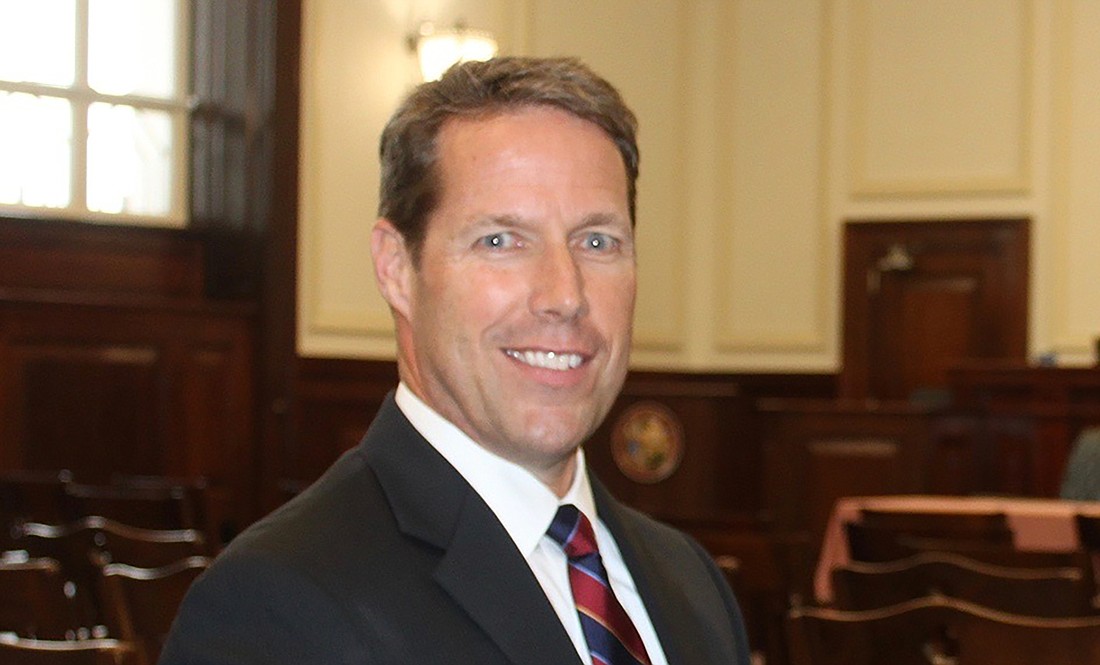
Family law judges are frequently reminded of the price of peace. And the source of it.
The peace I speak of here is the peace of mind of children whose parents have separated or divorced. And, secondarily, the nature of the relationship between the co-parents.
So often on the family law bench, we hear accounts of children in various stages of distress, caused primarily by their parents’ inability to accomplish the simplest of tasks.
Despite once being close enough to share the same sheets, the former lovers can no longer muster common, civil decency, especially when it is needed most: in the presence or earshot of their children.
Their text messages are pure vitriol. Exchanging the children is an unmitigated disaster. The co-parents’ mutual presence is dreaded, if not feared.
It seems children go on to believe the storybooks we read to them; about “true love,” “happily ever after,” and forever families, the side-by-side stick figures, holding hands, on the walls of second-grade classrooms. Those ideals become imprinted on their conscience, if they’re not part of their makeup at birth.
Children aren’t told about the coldness they will experience when their parents swap them at Starbucks or when they are exchanged at a police substation.
No one reads to them about the depth of anxiety they will feel when both of their parents attend the same event.
It will be decades before they realize there will be memories they can’t forget. It all comes without warning.
The irony, of course, is that being in the collective presence of one’s parents is where a child should feel the best and the safest. But some children will tell you, through tears and anguish, that nothing could be further from the truth – in their family.
Judges remind co-parents of an old adage: “Though divorce is the end of the marriage, it’s not the end of the family.” We tell them that they and their children are like an intact ring, bound to each other for life. Or that there exists an unbreakable string that will always connect them.
We implore them to understand that the best gift they can give their children is free.
We ask them, “Don’t your children deserve it?”
Then we wonder what they make of it.
Do they have any idea the damage they are doing to their children? The children that sleep under their roof. How can they possibly miss the impact of their words, their conduct, their animus?
Family law judges know it like we know our names. We hear it when we are asked to interview the children. We see it on their faces before they speak a word, in their expressions. We read about it in the reports of the children’s therapists.
The children tell us about the “ideal” situation – where their parents attend the same soccer game, sitting feet from each other, asking each other if they want something from the snack stand.
High-fiving each other after a game-winning goal. A simple, “Have a nice rest of your weekend,” when they leave the field. The little things that make all the difference.
It seems so simple and, often, so impossible. Such is the wake of broken hearts and human frailty.
To be sure, the peace between co-parents may not come easily.
It may cost a parent’s pride. It may require smiling through unbearable pain.
It may be finding forgiveness where none is deserved or setting aside an unsettled score. It may require grace.
But isn’t the well-being of a life they together created worth it?
Do the parents not see what we see?
Peace for these children costs nothing. And yet so many parents won’t pay the price.
Fourth Judicial Circuit Judge John Guy was appointed to the bench in 2015 after 22 years in the State Attorney’s Office.